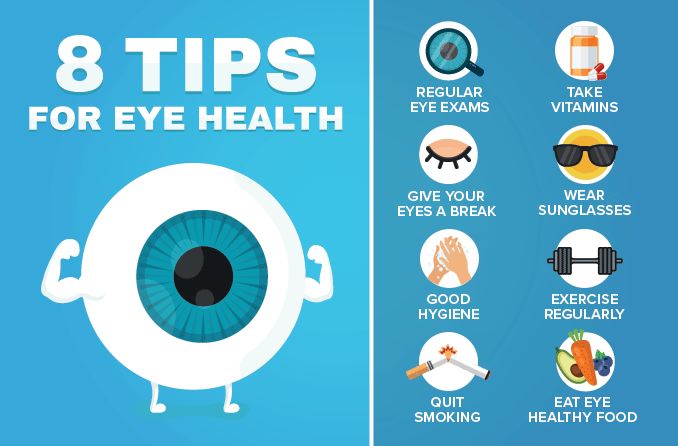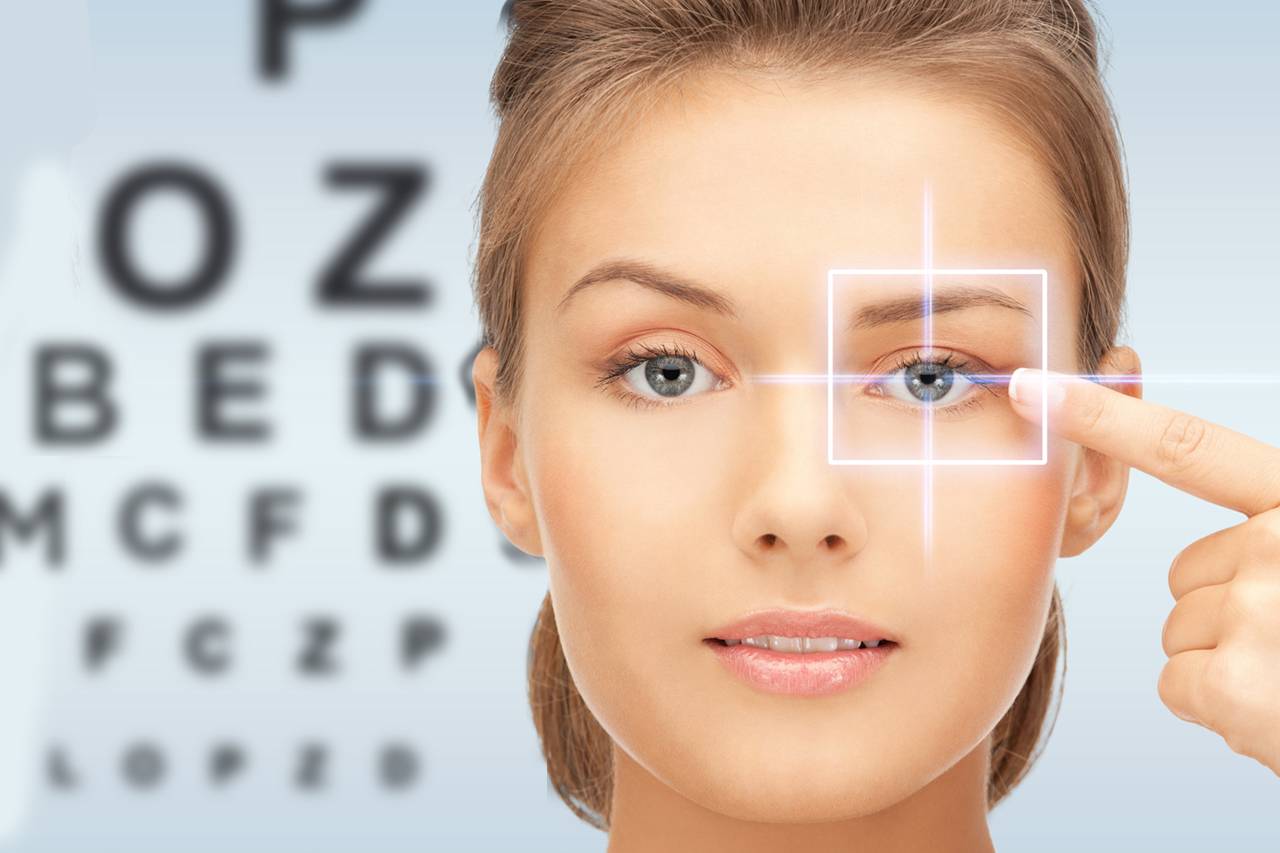Is Refractive Surgical Procedure Right for You? Elements to Take Into Consideration for Better Eyecare
In the world of eye treatment, the choice to go through refractive surgery is a significant one that demands thoughtful factor to consider. From the details of one's eye health to the complexities of personal expectations and daily practices, each element holds importance in the more comprehensive landscape of refractive surgical procedure candidateship.
Eye Health And Wellness Evaluation
When considering refractive surgical procedure, a thorough eye health and wellness analysis is critical to evaluate the suitability of the procedure for each and every individual. eye center andalusia. This analysis includes a series of tests and examinations performed by an eye treatment expert to identify the general health of the eyes, the visibility of any underlying problems, and the stability of the refractive error
During the analysis, various variables are considered, such as the individual's medical background, present eye prescription, corneal thickness, pupil dimension, and tear movie high quality. These assessments aid to determine any contraindications to refractive surgical treatment, such as corneal abnormalities, cataracts, or without treatment eye infections. Additionally, the examination helps to handle person expectations relating to the possible results of the surgical procedure based on their unique eye attributes.
Inevitably, the eye health assessment is necessary in making certain the safety and effectiveness of refractive surgery, as it offers useful understandings right into the person's eye wellness standing and aids establish one of the most ideal therapy alternatives for attaining optimum aesthetic results. (cardiologist andalusia)
Way Of Living Assessment
A comprehensive way of living evaluation is indispensable in figuring out the viability of refractive surgical treatment for a person's visual improvement needs. Lifestyle variables such as occupation, leisure activities, and daily activities play a critical duty in the decision-making process concerning refractive surgical procedure.
Moreover, way of life routines such as sports engagement, outdoor tasks, or also skin care regimens can affect the healing process and overall success of refractive surgical procedure. By conducting a thorough way of life evaluation, eye care professionals can customize their referrals and therapy plans to meet the special requirements of each person, eventually leading to improved aesthetic results and fulfillment.
Expectation Positioning

Patients need to understand that while numerous people achieve 20/20 vision or far better complying with refractive surgical procedure, some may still need pop over here glasses for particular activities like analysis or driving at evening. Taking care of these expectations aids prevent frustration and frustration post-surgery, leading to a more positive total experience for the patient.
Risk Evaluation

Aspects that may enhance the threat of problems consist of age, particular medical problems like autoimmune diseases, unsteady vision prescription, slim corneas, and impractical client assumptions. In addition, choosing a knowledgeable and knowledgeable specialist, adhering to pre and post-operative care instructions carefully, and divulging any appropriate clinical background can help reduce dangers.
To decrease the likelihood of complications, ophthalmologists carry out detailed pre-operative evaluations to determine any type of contraindications to surgical treatment. They additionally review the possible risks and benefits with patients during the assessment process. By engaging in open communication and shared decision-making, both the eye doctor and the individual can collaborate to figure out if refractive surgical procedure is the appropriate selection based upon private danger profiles and desired outcomes.
Examination Value
Taking into consideration the crucial duty of informed decision-making in evaluating risks and prospective problems in refractive surgical treatment, the assessment process holds substantial relevance in assisting individuals towards optimum results. During the assessment, the ophthalmologist reviews the individual's eye health and wellness, refractive errors, and total suitability for surgery. This preliminary assessment is crucial in establishing one of the most suitable treatment for every person, thinking about elements such as corneal thickness, student dimension, and existing eye conditions.
Furthermore, the appointment offers as an opportunity for people to discuss their expectations, problems, and any type of questions helpful site they may have regarding the surgical procedure. Clear communication in between the specialist and the client is vital to make sure realistic assumptions and a comprehensive understanding of the possible risks and advantages entailed.
Additionally, the appointment allows the specialist to explain the different medical alternatives available, their particular end results, and the post-operative care needed. This thorough discussion equips individuals to make educated decisions regarding their eye treatment, bring about better satisfaction and outcomes post-surgery.
Final Thought
Finally, people considering refractive surgical treatment must undertake a thorough eye health and wellness analysis, analyze their lifestyle habits, align their expectations with prospective results, analyze the useful content affiliated risks, and prioritize assessments with eye care experts. These aspects play a critical role in determining the suitability of refractive surgical procedure for each individual, ensuring optimal end results and satisfaction with the treatment.
People taking into consideration refractive surgical procedure commonly have high assumptions relating to the results, expecting perfect vision without the demand for glasses or call lenses. While refractive surgical treatment can significantly improve vision and minimize dependence on visual aids, it is important for patients to comprehend that outcomes might differ based on private elements such as the degree of refractive mistake, corneal thickness, and overall eye wellness.
By engaging in open communication and shared decision-making, both the person and the eye doctor can function together to establish if refractive surgical procedure is the best choice based on specific threat profiles and wanted end results.
Thinking about the critical function of informed decision-making in analyzing dangers and prospective complications in refractive surgery, the assessment process holds significant significance in directing patients in the direction of optimal results. Throughout the appointment, the ophthalmologist evaluates the individual's eye health, refractive mistakes, and total suitability for surgical procedure.
Comments on “Leading Cardiologist Andalusia: Your Companion in Heart Health”